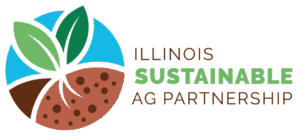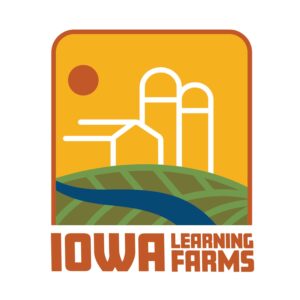Subscribe to the Aggregate
Combining research, resources, learning opportunities and current events for agriculture and conservation professionals.
We strive to share information important to the agriculture and conservation community. If you have something you’d like to share, email us: hello@ilsustainableag.org




